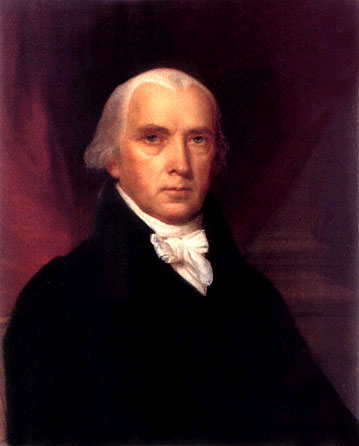
The only sure way to retain a one party system, is to oppress or outlaw any opposition. Because of the First Amendment, the government of the United States has no right to discourage criticism or opinions differing from its own. The First Amendment made the existence of the two-party system possible and allowed it to thrive. The entire nation will never agree completely on any issue, and thus different parties are natural. Violence and punishment for opposing opinions are what normally keep alternate parties from forming, but the right to free speech makes this impossible in the United States. The closest the two-party system came to collapsing was with the Sedition Act. This Federalist bill was almost tyrannical in nature, and the conviction of 10 men, who were mostly Republican newspaper editors, could have brought an end to the free speech of the Republican party. The bill itself was entirely unconstitutional. However, the new government created by the constitution was an effective one, and it did it's job. Although there was a Federalist majority in Congress, James Madison and Thomas Jefferson managed to offer resistance to the new bills with the Virginia and Kentucky Resolutions. The resolutions had the ability to tear the Union apart, but at the same time they were the epitome of "checks and balances".
The power changed from the hands of the Federalists to the Republicans in the election of 1800. Although structure of checks and balances seems not to have worked during the passage of the Alien and Sedition Acts, changing the concentration of power served to ameliorate the turmoil. Because the government switches back and forth between parties, it is a further defense against the development of tyranny. However, it can also be argued that having a two-party system causes nothing to get done. In the case of the early Republicans and Federalists, this is exactly what happened. The two parties were so concerned with proving each other wrong, that the fighting ceased to be for the good of the nation and was simply a matter of self-interest. The Alien and Sedition acts were interpreted by the Republicans as an attack against them. They came about because there were two parties, but were also destroyed by the same fact. If the United States had a one party system, would the bills still have been repealed? Would they have come about in the first place?








